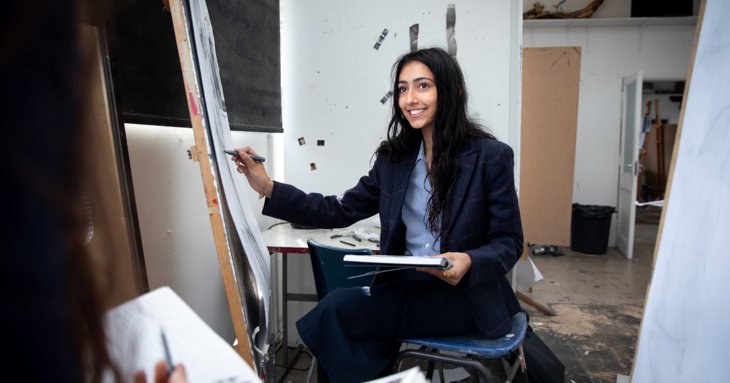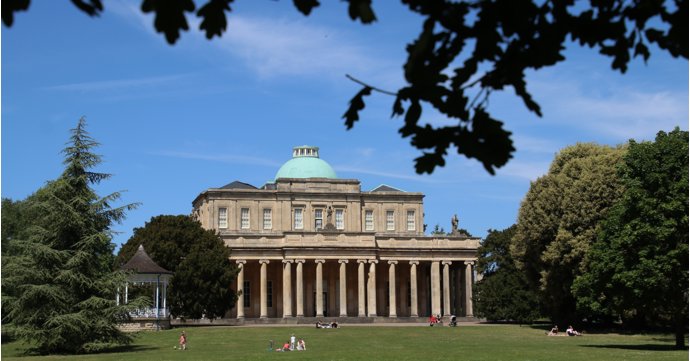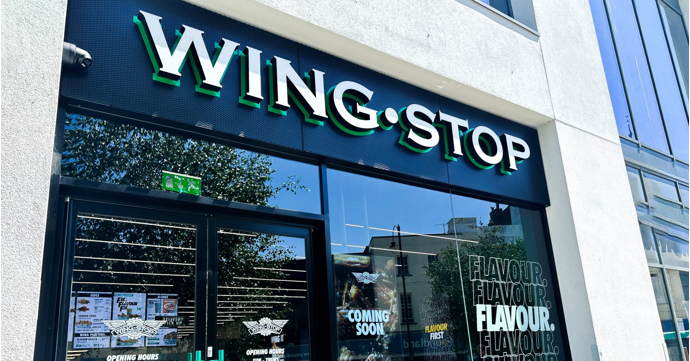Social media can have both positive and negative impacts on teenagers' wellbeing — and while it provides a platform for connection, self-expression and information sharing, it also has undesirable implications that can affect their mental health.
With social media being a part of many teenagers' everyday lives, St Edward's School Cheltenham is offering an insight into how schools and parents across the county can create a safer and healthier online environment for teenagers, from open and regular communication, education about online risks and support networks to fostering digital literacy and setting clear boundaries.
There has been an noticeable rise in negativity related to social media, with young people being exposed to a variety of triggers that can impact their mental wellbeing, including cyberbullying; body shaming; excessive social comparison; exposure to inappropriate or disturbing content; online conflicts; and public judgment or criticism.
These issues can lead to increased stress, anxiety, depression,
low self-esteem and even social isolation.
Matthew Burke, headmaster at St Edward's School Cheltenham said: 'Having a healthy relationship with social media is possible for teens, but it requires mindful and responsible use.
'Encouraging students to develop digital literacy, self-awareness and critical thinking skills can help them navigate social media in a positive manner.
'Setting boundaries, managing screen time and fostering offline connections and activities are also important.'
St Edward's currently plays a
significant role in addressing social media issues for its students and their families. The school takes pride in educating students about the potential risks of social media; promotes digital citizenship and online safety; provides counselling services; and creates a supportive environment where students feel comfortable discussing
their concerns.
Measures that parents and other schools can take to help safeguard teenagers' online experiences include fostering open and regular communication, monitoring online activities, encouraging a healthy balance and providing continuous education about online risks.
Speaking about how to communicate with teenagers about social media, Burke said 'encouraging them to discuss their online experiences, challenges and concerns without fear of judgment or punishment' is important.
'Regularly engage in conversations about internet safety, responsible digital behaviour and the potential risks online.'
He said it's vital to 'teach teens about the various risks they may encounter online, such as cyberbullying, online predators, scams, inappropriate content and the potential consequences of sharing personal information' in order to equip them with critical thinking skills that allow them to assess the credibility and reliability of online sources, as well as cultivating 'positive online relationships with friends, family members and mentors who can provide support and guidance' as this will help teens to understand the importance of seeking help when they encounter challenges or feel threatened online.
Burke also believes that 'protecting
teens' wellbeing online is an ongoing process that requires collaboration
between parents, schools and teenagers themselves'.




















